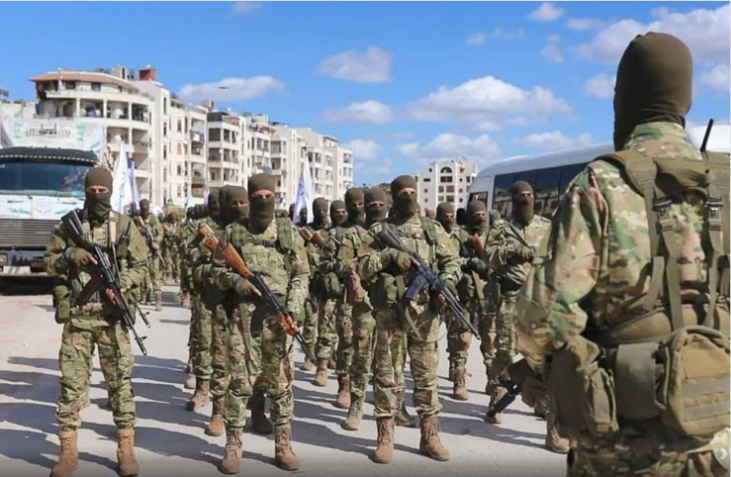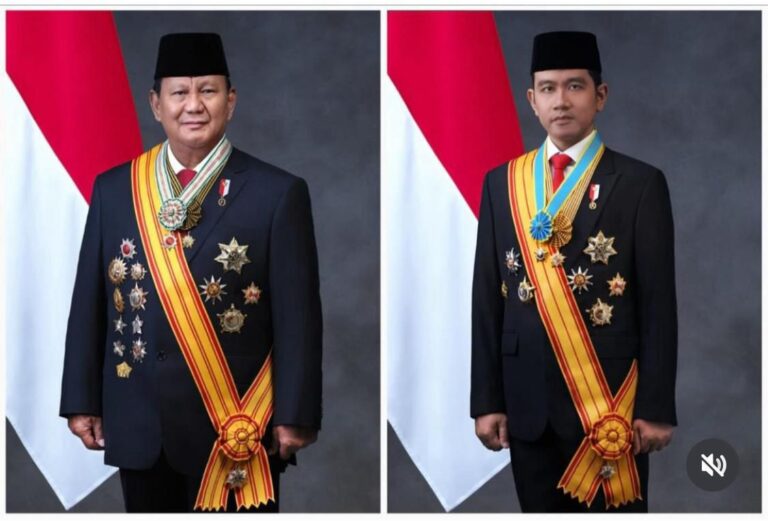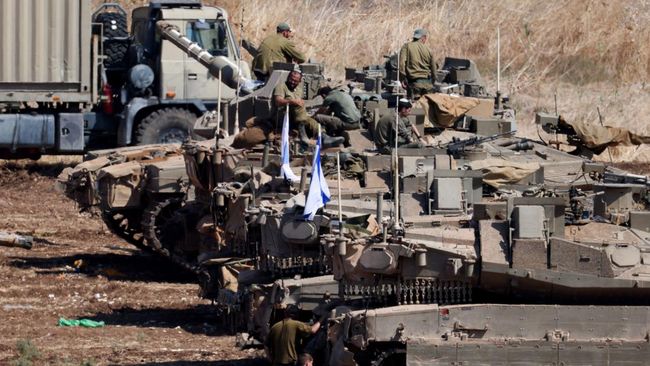
STRATEGIC ASSESSMENT. Subsequently, just this week, the Pentagon informed the Central Intelligence Agency (CIA) that it planned to end support to the agency’s counterterrorism missions in early 2021. In Somalia, the troops currently work to mentor Somalia’s elite counterterrorism strike force, known as Danab, which spearheads efforts to combat al Shabaab, the al-Qaeda affiliate that has destabilized Somalia for the past decade and a half and perpetrated attacks against Kenya and international actors. The United States would maintain its reconnaissance and strike capabilities, including air support. But without mentors on the ground, there are widespread concerns that Danab’s capabilities will atrophy. The train-advise-assist role for special operations forces in Somalia has been credited with preventing the country from descending into outright collapse at various points. Gen. Stephen Townsend, commander of AFRICOM, positioned the move not as a ‘withdrawal,’ but rather as a ‘repositioning.’ Notably, a CIA paramilitary officer, who was formerly a U.S. Navy SEAL, was killed earlier this month in Somalia, according to the Chairman of the Joint Chiefs of Staff, Gen. Mark Milley.
The pending shift in Somalia would see troops redeployed to other countries in the Horn of Africa, especially Kenya and Djibouti. While the troops would still be available for counterterrorism missions, the withdrawal comes at a time when al-Shabaab maintains the ability to project influence throughout large swaths of Somalia. The group was also still capable of launching high profile, spectacular attacks, not just in Somalia, but throughout the broader region. It remains to be seen, but a Biden administration could very well look to move troops back into Somalia, depending on the administration’s assessment of the threat posed by al-Shabaab. If Somalia falls further into anarchy, it could become nearly impossible for humanitarian aid to reach civilians in dire need. Although the United States has played a leading role in ensuring that humanitarian assistance can be delivered to Somalia, a deteriorating security situation will make this a decidedly more complex endeavor. Accordingly, an American decision will undoubtedly impact many other countries, including allies and partners. Diplomats traveling to Mogadishu would be similarly placed at high risk of danger.
What remains concerning to many was that President Trump’s decision to draw down troop numbers in Somalia, Afghanistan, and Iraq does not seem to be connected to a cogent or coordinated strategy. Rather, some suggest that the moves were merely being undertaken to fulfill campaign promises to ‘end endless wars’ and to make the Biden administration’s job more difficult as it confronts a range of challenges, from great power competition to new and persistent insurgencies in weak and failed states. That such critical decisions are being made during President Trump’s ‘lame duck’ period in office was likely confusing allies and perhaps emboldening adversaries. Even if one believes that the United States cannot and should not seek an enduring presence in every volatile region of the globe, the haphazard nature of the announcement and subsequent withdrawal send mixed signals to U.S. allies. The withdrawal also mitigates any potentially positive effects that could come from Washington conditioning U.S. assistance on influencing the Somali government. The timing was also worried, as Somalia was slated for parliamentary elections within the next few weeks and a presidential election in February 2021.
Even without a U.S. troop presence in the country, a 17,000-troop African Union Mission to Somalia (AMISOM) force remains in Somalia, alongside training missions by both Turkey and the European Union. AMISOM conducts counterinsurgency operations, as well as security sector assistance programs from regional countries. With few U.S. troops in Somalia, the bilateral relationship between the United States and Somalia could be negatively impacted, further attenuating American access and reach. Political leaders in Somalia were highly critical of the U.S. drawdown decision, calling it ‘regrettable’ and openly fretting about the fight against al-Shabaab. There are also rising concerns about an increase in Islamic State activity throughout Somalia. The Federal Government of Somalia has limited military capacity to retake territory from al-Shabaab and has a challenging relationship with the regional government of Jubaland. Ethopia, which is engaged in a civil war in the northern Tigray region, provides support to Somalia’s Federal government while Kenya supports the regional government in Jubaland, sparking further fears of a similar conflict pitting the regional and federal governments against each other. With such challenges in mind, the U.S. presence in Somalia would be yet another force posture and counterterrorism consideration as the Biden administration takes office in January (TSC).








